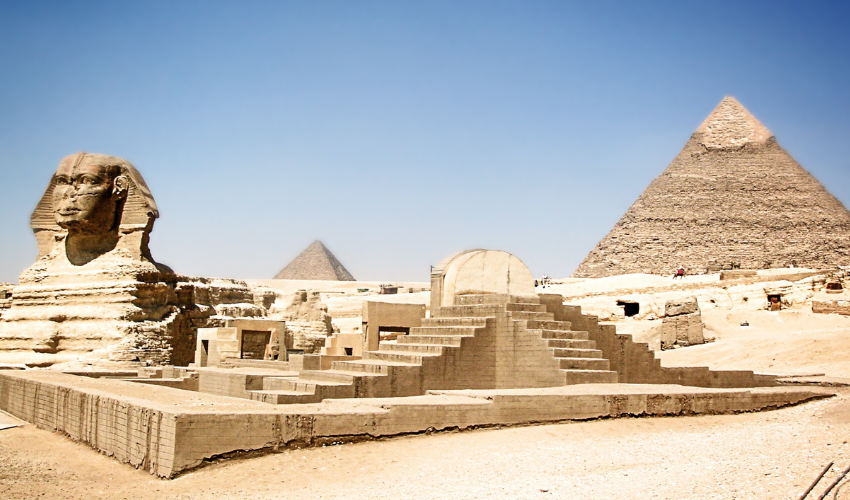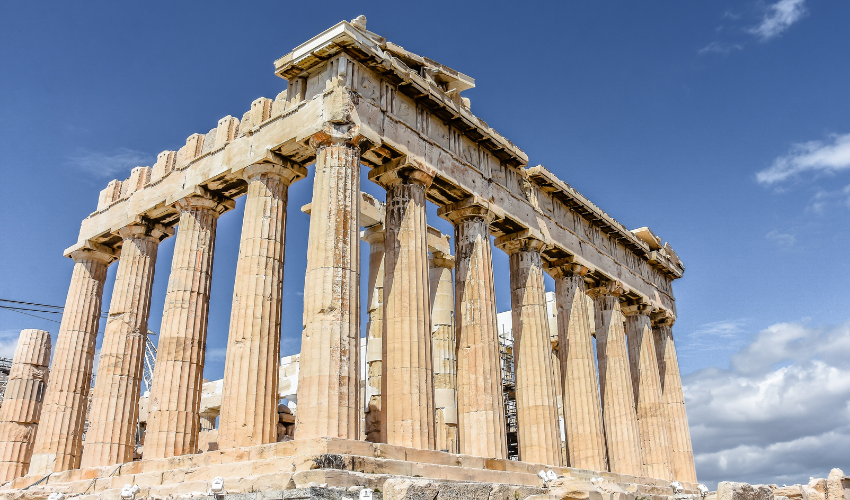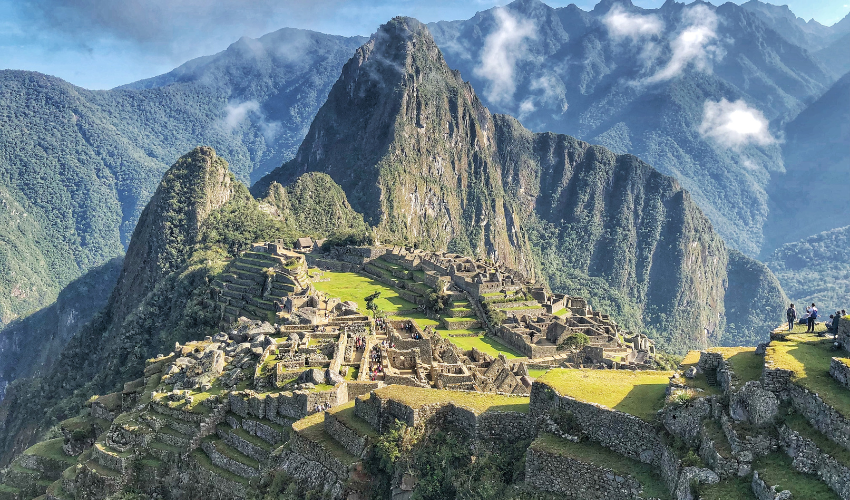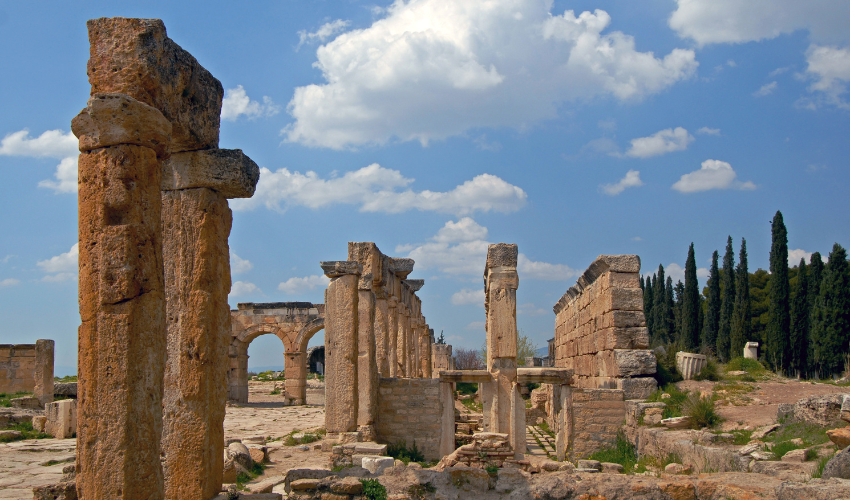The history of ancient civilizations is a captivating tale of human ingenuity, creativity, and resilience. Throughout history, different cultures have risen and fallen, leaving behind a rich legacy that shaped the modern world in countless ways. From the pyramids of Egypt to the empires of Rome, these civilizations have left a lasting impact on architecture, religion, politics, and much more.
In this article, we’ll take a journey through time to uncover the fascinating stories of some of the most important ancient civilizations in history. We’ll explore their unique cultures, achievements, and contributions, and see how they have influenced the world we live in today. So sit back, relax, and let’s start our journey.
Ancient Egyptian Civilization

The ancient Egyptians were one of the earliest civilizations to emerge in history. With a rich cultural legacy stretching back thousands of years, they left behind a wealth of artifacts, monuments, and writings that have provided a window into their world.
The Pyramids of Giza are perhaps the most famous of all Egyptian monuments, and serve as a testament to the remarkable architectural skills of the ancient Egyptians. These towering structures were built as tombs for Pharaohs and their consorts. They were considered to be the final resting place of the gods.
The Egyptians were also skilled in mathematics, science, and medicine. Their knowledge in these fields influenced other civilizations in the ancient world. Their writing system, known as hieroglyphics, was a complex system of symbols used for both religious and secular purposesand. It was a major contributor to the development of writing in the ancient world.
The ancient Egyptians were ruled by a monarchy, with the pharaoh serving as both the political and religious leader of the kingdom. Under the pharaoh’s rule, Egypt became a powerful and prosperous empire, with a strong central government and a thriving economy.
Ancient Greek Civilization

The ancient Greeks are another civilization that left a lasting impact on the world. They were a people of incredible artistic, intellectual, and athletic achievements, and their ideas and innovations continue to shape our world today.
The ancient Greeks were famous for their contributions to philosophy, mathematics, and science. They were also known for their literature. From the epic poems of Homer to the tragedies of Sophocles and Euripides, Greek literature has had a lasting impact on Western culture.
The ancient Greeks were also known for their athleticism, and the Olympic Games were a major part of their culture. Held every four years in Olympia, the games brought together athletes from all over Greece to compete in a variety of sports, including running, jumping, and chariot racing.
The ancient Greeks developed a number of different political systems, from the city-state of Athens with its democratic government, to the powerful empire of Alexander the Great. Despite their differences, all of the Greek city-states shared a love of learning, a commitment to athletics, and a belief in the importance of individual freedom and responsibility.
The Inca Empire

The Inca Empire was a pre-Columbian civilization that was centered in what is now modern-day Peru. With a rich cultural heritage that spanned thousands of years, the Incas were one of the most advanced civilizations in the ancient world, and their achievements in architecture, engineering, and agriculture were truly remarkable.
One of the most famous symbols of the Inca Empire was Machu Picchu, a massive mountaintop fortress that was built by the Incas as a religious and administrative center. This breathtaking structure remains one of the most popular tourist destinations in the world, and is a testament to the ingenuity and determination of the Inca people.
The Incas were also skilled in agriculture, and developed a complex system of terraced farming that allowed them to grow crops in some of the harshest climates on earth. Their sophisticated network of roads and bridges, which stretched for thousands of miles, allowed them to transport goods and people across the empire. It helped to make the Inca Empire one of the most efficient and prosperous civilizations of its time.
The Roman Civilization

The ancient Romans were one of the most influential civilizations in the history of the world. With a rich cultural heritage that spanned thousands of years. The Romans made a lasting impact on the world in a number of areas, including law, politics, engineering, and architecture.
One of the most famous symbols of the Roman Empire was the Colosseum, a massive stadium that was used for gladiatorial games and other public spectacles. This magnificent structure remains one of the most recognizable buildings in the world. It is a testament to the engineering skills of the ancient Romans.
In addition to their achievements in architecture, the Romans were also known for their contributions to law. Their legal system was a major influence on the development of law in the Western world. The Romans also made significant contributions to engineering. Their extensive network of roads and aqueducts allowed them to transport goods and water throughout the empire.
FAQs:
What was the first ancient civilization?
The first ancient civilization is widely considered to be the Sumerian civilization, which emerged in Mesopotamia around 4000 BC.
How did ancient civilizations influence the modern world?
Ancient civilizations have had a profound influence on the modern world in a number of areas. It includes art, architecture, science, medicine, and politics. Their contributions have shaped the world we live in today and continue to inspire and inform us in countless ways.
What was the most advanced ancient civilization?
It is difficult to determine which civilization was the most advanced, as each civilization had its own strengths and achievements. For example, the ancient Egyptians were known for their architectural skills. The ancient Greeks for their contributions to philosophy and literature.
Why were ancient civilizations so important?
Ancient civilizations were important because they made significant contributions to human knowledge and progress. Their legacy continues to shape the world we live in today. These civilizations were also often marked by complex political systems, sophisticated cultures, and advanced technologies. That makes them fascinating subjects for study and analysis.
What was the biggest ancient civilization?
The largest ancient civilization was the Mongol Empire, which covered a vast expanse of territory stretching from Europe to Asia. With an estimated population of over 100 million people,it was one of the largest and powerful empires in the history.
Conclusion:
The history of ancient civilizations is a rich and fascinating tale of human ingenuity, creativity, and resilience. From the ancient Egyptians to the Inca Empire, these civilizations have left a lasting impact on the world. They continue to shape our understanding of the past. Whether you’re interested in architecture, science, politics, or culture, there is something for everyone in the legacy of these cultures. So, take the time to learn more about these fascinating civilizations and discover the impact they had on our world.






















